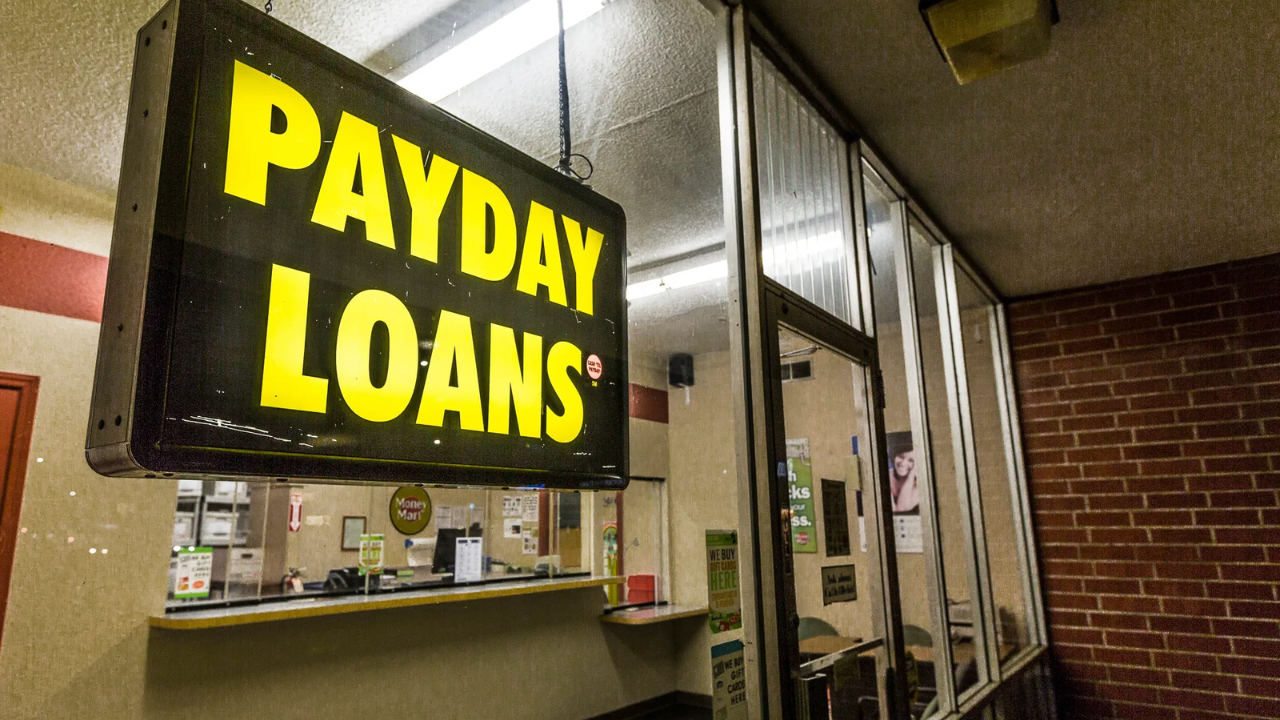Over the course of your life, there may come a time when you’re faced with an emergency expense that your monthly wage just cannot cover. Thankfully, there are ways in which you can handle unprecedented expenses more easily, from reaching out to your friends and family for help, to preparing yourself for the future and knowing how to manage your money more efficiently, like creating emergency savings, and a debt repayment plan. If you’re struggling with a crisis that your cash flow will not cover, payday loans direct lenders can help – all you must do is apply for the number of additional funds you need, and you will have access to cash in a matter of days. Read on to find out more about how to cope with payday emergencies.
Ask Friends and Family for Help
If your monthly income is not enough to cover your expenses, whether that’s because you’re on a low wage, or you have been faced with an additional expense, asking your friends and family for help could be advantageous. Asking for money can be difficult when it comes to those you’re close to, and you should make sure that you both know the terms and conditions before you accept their help, or they agree to help you. Although it may be uncomfortable, reaching out for help means you can keep your credit score in better health. Even if you’re not looking to borrow money, reaching out and talking to those closest to you about your money worries will take a load off your mind, and they may even come up with ideas to help you.
Create Emergency Savings
This is a way of preparing yourself for a potential emergency and could help you manage your money in more ways than one. Creating a pot of emergency funds means you will be able to manage unprecedented expenses without having an impact on your monthly cash flow. Creating a savings account separate from your current account means you’ll have funds on hand to help you manage when you’re faced with an emergency. You can build this up little by little – remaining consistent is key.
Make a Budget
Another way of preparing for a payday emergency is to make a budget. When these emergencies hit, they cause issues because we don’t have money left over at the end of the month. To help you manage an emergency more effectively, create and stick to a budget. Look at your income and subtract outgoings. Look at how much you have left. If you’re left with little money at the end of the month, split your spending into primary and secondary categories. Primary is spending you can’t live without, like rent or mortgage payments, and car finance. Then look at your secondary expenses. Are you spending too much on your weekly shopping? Do you have subscriptions and membership payments coming out of your account that you never use? Cutting back on things you don’t need, or use means more money to help you cope with an emergency.
Think About Your Situation
Take the time to reflect on how your finances are looking. Do you have debt that needs to be paid off? Are you on a low-income job with a wage that barely covers your requirements for the month? Think about how you can improve your situation to get you to a better position financially. This could be making cuts to unnecessary expenses so you can save more, applying for higher-paid jobs or upskilling yourself within your current position, or planning so that you can pay off your debt and free up more cash that way. Improving your situation means you can reduce the impact emergencies have on your finances in the future.
